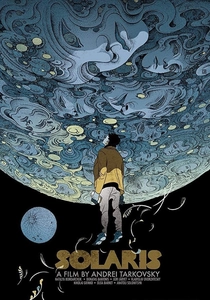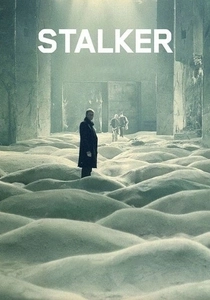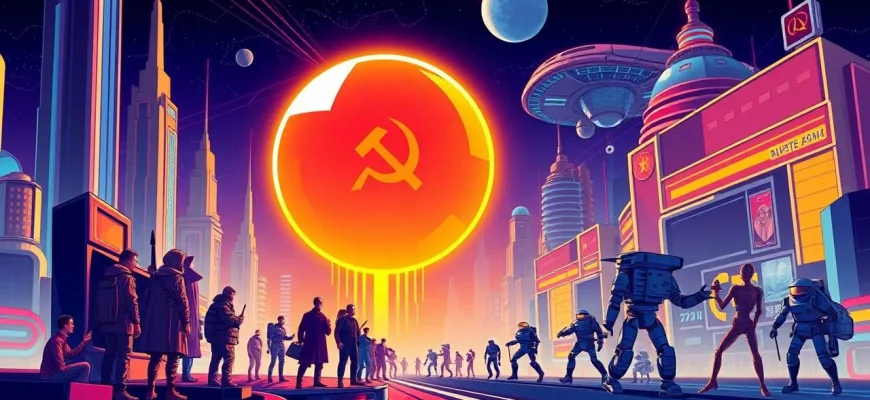Soviet science fiction films offer a unique perspective on the genre, blending philosophical inquiries with technological optimism. This collection showcases the creativity and visionary storytelling of Soviet filmmakers, providing a fascinating insight into how the USSR imagined the future. These films not only entertain but also reflect the cultural and political climate of their time, making them invaluable for enthusiasts of both cinema and science fiction.

Solaris (1972)
Description: Tarkovsky's masterpiece delves into the psychological effects of space exploration and human consciousness.
Fact: The film was remade in Hollywood in 2002, but Tarkovsky's version remains critically acclaimed for its depth.
 Watch Now
Watch Now

Stalker (1979)
Description: Another Tarkovsky film, 'Stalker' explores metaphysical and existential themes through a journey into a mysterious zone.
Fact: The film was shot in Estonia, and the Zone was inspired by the Chernobyl Exclusion Zone.
 Watch Now
Watch Now

Aelita (1924)
Description: One of the earliest Soviet sci-fi films, 'Aelita' explores themes of space travel and revolution on Mars, reflecting the revolutionary spirit of the time.
Fact: The film was inspired by Alexei Tolstoy's novel and was one of the first films to use special effects for space scenes.
 30 Days Free
30 Days Free

Planet of Storms (1961)
Description: This film depicts a Soviet expedition to Venus, showcasing the era's fascination with space exploration and the unknown.
Fact: 'Planet of Storms' was edited into an American film 'Voyage to the Prehistoric Planet' with new scenes featuring Basil Rathbone.
 30 Days Free
30 Days Free

The Amphibian Man (1962)
Description: A tale of love and science, where a scientist's experiment to create a human-fish hybrid leads to unexpected consequences.
Fact: The film was based on a novel by Alexander Belayev and became one of the most popular Soviet films of its time.
 30 Days Free
30 Days Free

The Sky Beckons (1959)
Description: A story of two rival space missions to Mars, highlighting the competitive spirit of the Space Race.
Fact: The film was released in the US as 'Battle Beyond the Sun' with new scenes and a different plot.
 30 Days Free
30 Days Free

Per Aspera Ad Astra (1981)
Description: A coming-of-age story set in the future, focusing on a young boy's dream to become a cosmonaut.
Fact: The film's title is a Latin phrase meaning "through hardships to the stars."
 30 Days Free
30 Days Free

Guest from the Future (1985)
Description: A children's sci-fi series about a girl from the future who travels back in time, blending adventure with educational elements.
Fact: The series was very popular among Soviet children and has since become a cult classic.
 30 Days Free
30 Days Free

The Day of the Eclipse (1988)
Description: A detective story set during a solar eclipse, where a murderer uses the eclipse as a cover for his crimes.
Fact: The film was shot during an actual solar eclipse, adding authenticity to the setting.
 30 Days Free
30 Days Free

Hard to Be a God (2013)
Description: Based on the Strugatsky brothers' novel, it explores themes of intervention and the ethics of changing primitive societies.
Fact: The film was directed by Aleksei German, who spent decades working on this adaptation before its release.
 30 Days Free
30 Days Free









